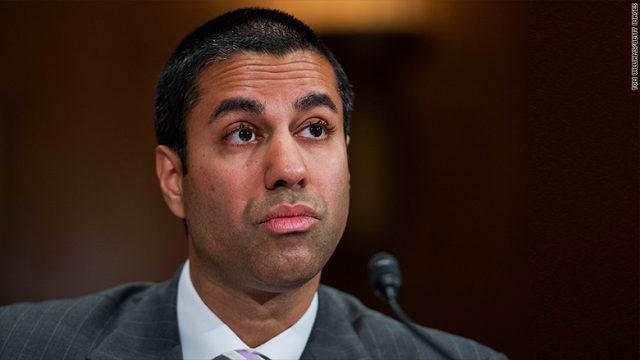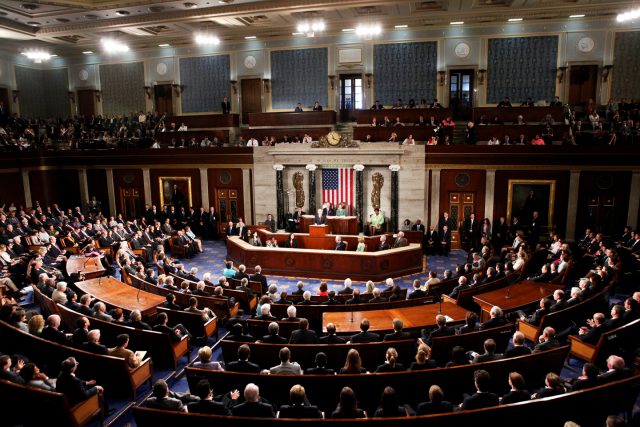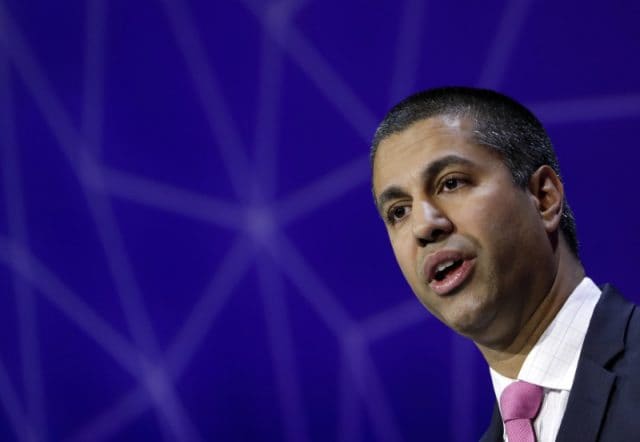 Reuters is reporting the Republican-dominated Federal Communications Commission has reversed a pro-consumer mandate requiring Charter to overbuild at least one million homes to offer competitive internet service. The requirement was imposed on Charter Communications as part of the FCC’s approval of its merger deal with Time Warner Cable and Bright House Networks in 2016.
Reuters is reporting the Republican-dominated Federal Communications Commission has reversed a pro-consumer mandate requiring Charter to overbuild at least one million homes to offer competitive internet service. The requirement was imposed on Charter Communications as part of the FCC’s approval of its merger deal with Time Warner Cable and Bright House Networks in 2016.
The overbuild requirement would have forced Charter to directly compete with incumbent phone and/or cable operators in areas where only one provider now offers service.
The petition to repeal the condition was personally circulated by FCC chairman Ajit Pai who didn’t feel the FCC should mandate cable companies to compete as part of a merger approval.
Former FCC chairman Thomas Wheeler pushed for the requirement, noting that Charter’s merger offered an opportunity to incorporate pro-consumer deal conditions like increased competition. The overbuild requirement would have required Charter to expand its cable service in areas where only telephone company DSL was available or give an opportunity for consumers to have a choice of cable operators. Pai’s effort gives Charter a big break, now only requiring the company to offer high-speed internet as a de facto monopoly to two million new customers where no internet service currently exists.
It also represents a gift to small independent cable operators and their lobbying arm, the American Cable Association, who feared the overbuild requirement would bring Charter into their service areas as an unwelcome competitor that would have “devastating effects on the smaller broadband providers Charter will overbuild” and could put them out of business.
The Competitive Enterprise Institute has its own pending filing asking the FCC to eliminate other deal conditions, including a prohibition on data caps Charter must adhere to for up to seven years.


 Subscribe
Subscribe





